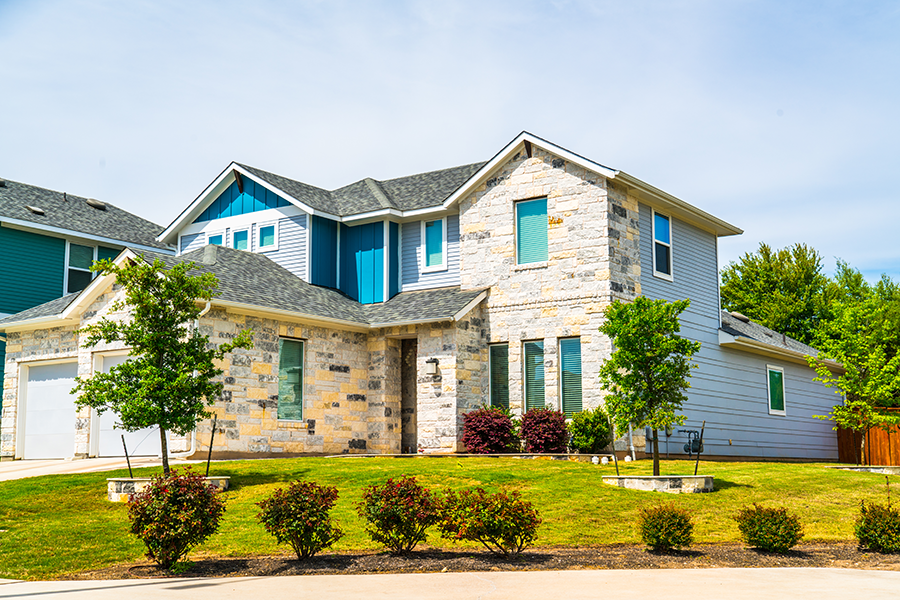
Why Owning a Long-Term Rental is a Great Way to Invest

Property Management Rule #1: Minimize Vacancies

Routine Assessments of Rental Properties are Essential
Owning a residential rental property can be a lucrative investment, but it also requires a significant amount of responsibility. One of the most important tasks that a property manager must prioritize is conducting routine inspections on rental properties. These inspections serve several purposes and can ultimately save landlords time, money, and legal trouble in the long run.
Routine Inspections are Essential
First and foremost, routine inspections help ensure that rental properties are being properly maintained by tenants. When tenants move into a property, they are typically required to sign a lease agreement that outlines their responsibilities for maintaining the property. However, not all tenants will follow through on these responsibilities, and some may even cause damage to the property through negligence or intentional actions. Regular inspections allow property managers to catch any issues early on, before they have a chance to escalate into more serious problems that could require costly repairs.
In addition to identifying maintenance issues, routine inspections can also help identify any lease violations committed by tenants. These violations could range from unauthorized pets or subletting to smoking in the property or engaging in illegal activities on the premises. By conducting inspections, landlords can quickly address any lease violations and take appropriate action to resolve the situation.
Another benefit of routine inspections is that they can help landlords build positive relationships with their tenants. When landlords show that they are invested in the well-being of their rental properties, tenants are more likely to feel valued and respected. This can lead to increased tenant satisfaction and lower turnover rates, which ultimately benefits the landlord’s bottom line.
Additionally, routine inspections can help landlords protect themselves from legal trouble. Landlords have a legal responsibility to provide safe and habitable living conditions for their tenants, and routine inspections can help ensure that the property meets these standards. If a tenant were to file a complaint or take legal action due to an unsafe or unhealthy living environment, the landlord would be able to provide evidence that they were actively monitoring the property and addressing any issues as they arose.
The Guidelines
It’s important to note that certain guidelines must be followed when conducting routine inspections. Reasonable notices must be provided to tenants before entering the property, typically around 24-48 hours. Inspections should also be conducted during reasonable hours, such as during the day on weekdays, and avoid entering the property without the tenant’s permission or outside of the agreed-upon time frame.
Routine inspections should be conducted on a regular basis, with the frequency determined by the size and condition of the property and the number of tenants living there. In general, inspections should be conducted at least once per year, although some landlords may choose to conduct inspections more frequently. Additionally, inspections should be conducted whenever there is a change in tenancy, such as when a new tenant moves in or an existing tenant moves out.
During inspections, inspectors should take note of any issues or concerns and create a plan to address them. This may involve scheduling repairs or maintenance work, communicating with tenants about lease violations, or making improvements to the property to increase tenant satisfaction. On Q Property Management keeps detailed records of inspections, including 100s of photos, notes on any issues identified, and the actions taken to address them.
In conclusion, routine inspections are a critical aspect of managing residential rental properties. They help landlords ensure that their properties are being properly maintained, identify any lease violations or safety concerns, build positive relationships with tenants, and protect owners from legal trouble. By opting into routine inspections and following proper guidelines, landlords can ensure that their properties are safe, habitable, and profitable investments for years to come.



